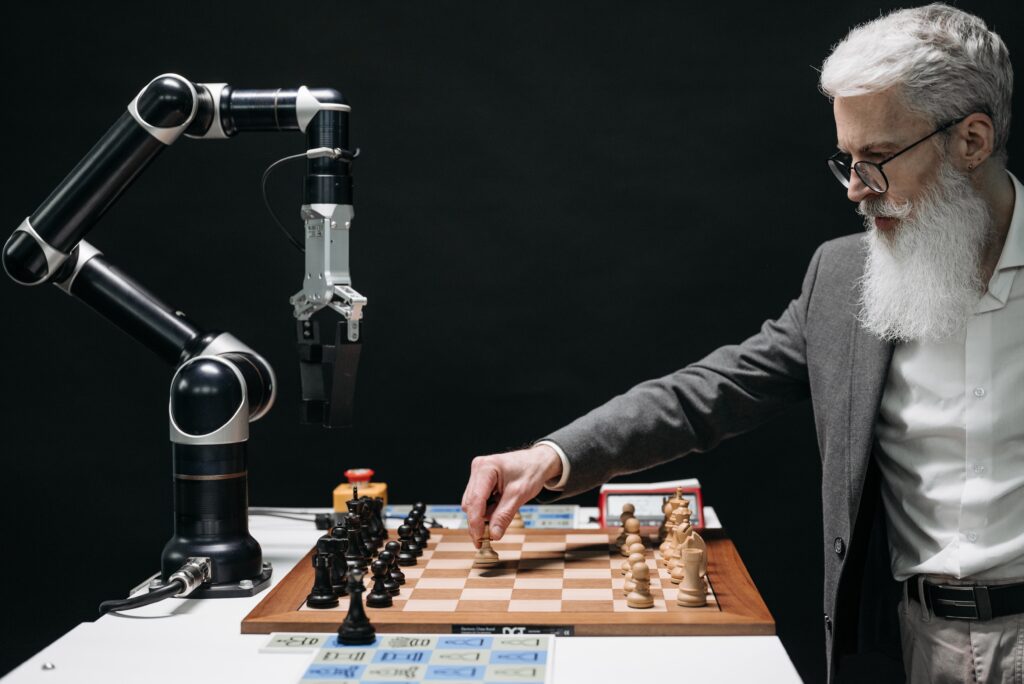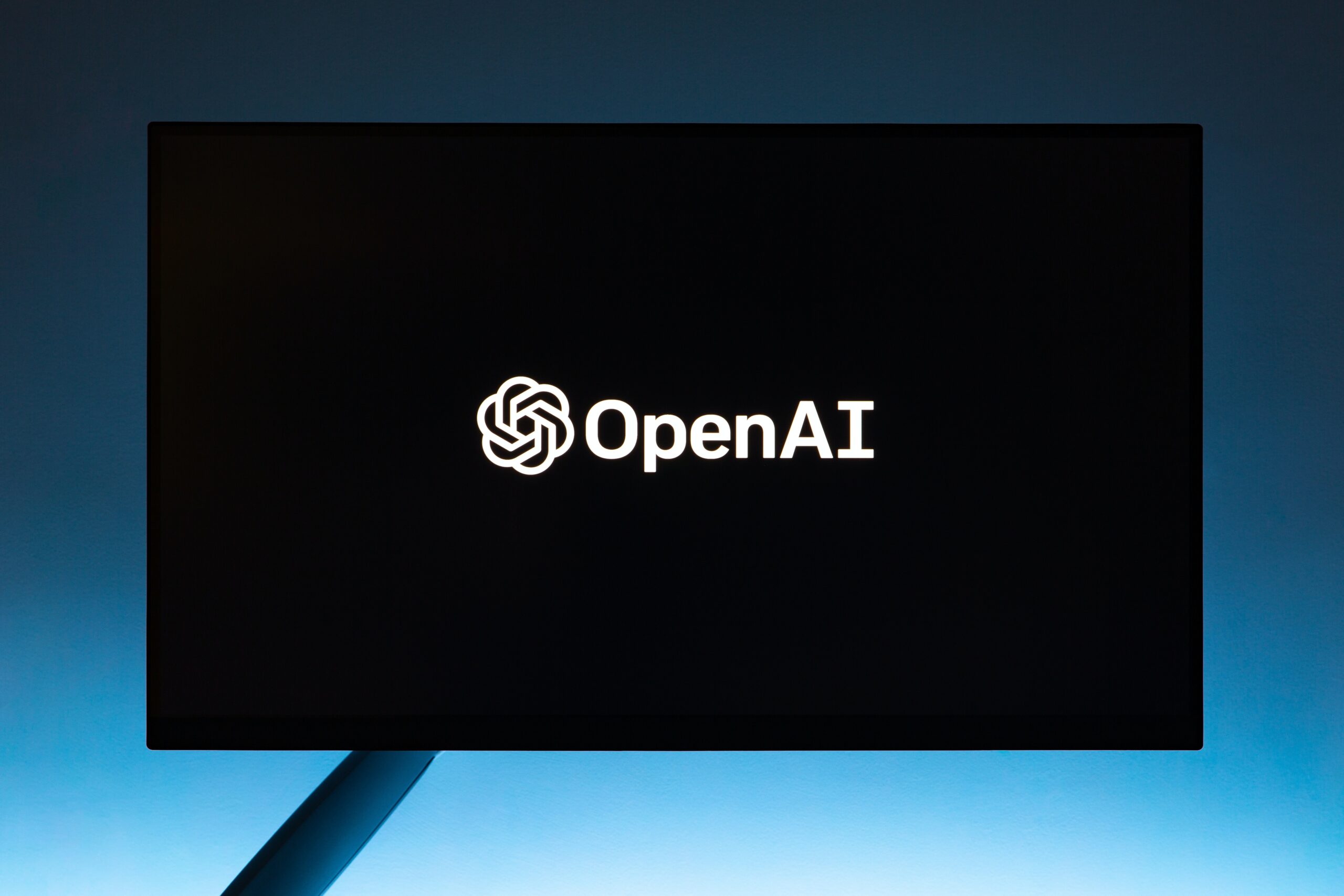In the realm of automation, few advancements have been as transformative as the integration of artificial intelligence (AI). AI is revolutionizing industrial automation, redefining how manufacturing processes, logistics, and even maintenance tasks are carried out. In this article, we explore the profound role of AI in industrial automation and its far-reaching implications for various industries.
AI-Powered Automation: A Game-Changer

Artificial intelligence represents a paradigm shift in automation. Unlike traditional automation systems that follow pre-programmed instructions, AI-enabled automation systems can learn, adapt, and make decisions based on data analysis. This capability opens up a world of possibilities:
1. Predictive Maintenance
One of the standout applications of AI in industrial automation is predictive maintenance. Machines and equipment equipped with sensors continuously collect data. AI algorithms analyze this data to predict when maintenance is needed, reducing downtime and costly breakdowns.
2. Quality Control
AI-driven image recognition systems can detect even the tiniest defects in products, ensuring consistent quality in manufacturing. This level of precision is challenging to achieve with human inspection alone.
3. Supply Chain Optimization
AI optimizes supply chains by forecasting demand, optimizing routes for delivery, and managing inventory more efficiently. This results in cost savings and improved customer satisfaction.
4. Autonomous Robots and Vehicles
In manufacturing and logistics, autonomous robots and vehicles guided by AI can perform tasks such as material handling, sorting, and even transportation with minimal human intervention.
5. Process Optimization
AI continuously analyzes data from industrial processes and adjusts parameters in real-time to optimize efficiency, energy consumption, and resource utilization.
Safety and Human-AI Collaboration

As AI takes on more tasks in industrial settings, ensuring safety is paramount. AI systems are designed with safety protocols, and they can work in collaboration with human workers, enhancing workplace safety. For example, AI-powered robots can handle dangerous tasks while humans focus on complex decision-making.
Challenges and Ethical Considerations
While the role of AI in industrial automation is undeniable, it also presents challenges. Issues related to data privacy, security, and the potential displacement of human jobs must be addressed. Additionally, ethical considerations surrounding AI decision-making and transparency are critical in maintaining trust and accountability.
Conclusion
Artificial intelligence has ushered in a new era of industrial automation, transforming the way businesses operate and making processes more efficient, accurate, and adaptive. As AI continues to advance, it will undoubtedly play an increasingly pivotal role in optimizing industrial processes, reducing costs, and driving innovation.
Embracing AI in industrial automation is not just a choice; it’s a necessity for staying competitive in an ever-evolving industrial landscape. However, it’s essential to navigate this technological frontier with a keen awareness of ethical and safety considerations, ensuring that the benefits of AI are harnessed responsibly for the betterment of society and industry alike.
FAQs
1. How does artificial intelligence (AI) differ from traditional automation in industrial settings?
- AI-driven automation can learn, adapt, and make decisions based on data analysis, whereas traditional automation systems follow pre-programmed instructions without the ability to learn or adjust.
2. What are the key benefits of using AI in industrial automation, particularly in manufacturing and logistics?
- AI offers benefits such as predictive maintenance to reduce downtime, quality control to enhance product consistency, supply chain optimization, autonomous robots for tasks, and real-time process optimization.
3. How does AI ensure safety in industrial automation, especially when working alongside human workers?
- AI systems are designed with safety protocols and can collaborate with humans to handle dangerous tasks. This improves workplace safety by minimizing human exposure to hazardous conditions.
4. What are some of the challenges and ethical considerations associated with the integration of AI in industrial automation?
- Challenges include data privacy, security, potential job displacement, and ethical concerns about AI decision-making and transparency. Addressing these issues is essential for responsible AI adoption.
5. How can businesses and industries effectively embrace AI in their automation processes while ensuring ethical practices and safety standards are met?
- Successful adoption of AI in industrial automation requires a balanced approach that combines technological advancements with responsible AI governance, adherence to ethical guidelines, and a commitment to safety protocols.

